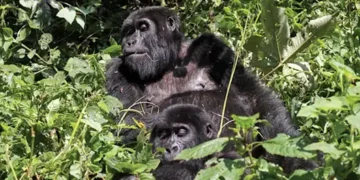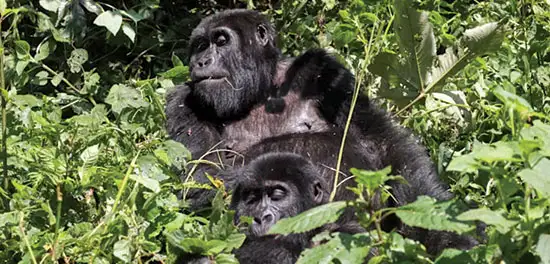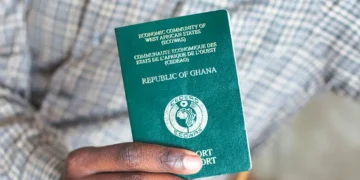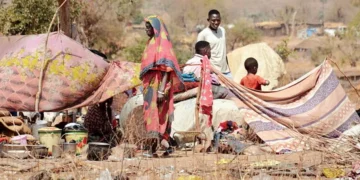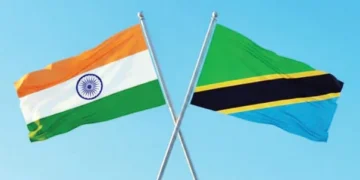Blitz Bureau
NEW DELHI: NEWS of a sick or injured mountain gorilla can worry local residents in Uganda’s mountainous area that’s home to the endangered species. That’s partly because most of the gorillas have been given names, allowing rangers and others to humanize the animal’s suffering.
But widespread interest in protecting mountain gorillas also comes from the economic benefits of tourism that have turned poachers into conservationists, married women into porters and rangers into eloquent spokespeople for the great apes, according to an AP report. “If we know there is a gorilla that is sick, you see everyone is concerned.
‘Why? Why is the gorilla sick? It’s suffering from what?’” said Joyleen Tugume, a ranger-guide in Uganda’s Bwindi Impenetrable National Park. “Even the community people. Everyone is touched.” Tugume said poaching in the park is increasingly rare since “we are actually all working together to make sure conservation goes well, because we are all benefitting.”
Bwindi Impenetrable National Park, a UNESCO World Heritage Site in a remote part of southwestern Uganda, is home to many groups of habituated gorillas that have become comfortable in the presence of humans.
Tourists pay a considerable sum — $800 in permit fees per foreign nonresident — for the right to see gorillas in their natural habitat. An official revenue-sharing policy channels $10 from each permit back to the local community via their elected leaders, who can invest in projects ranging from water provision to health care. Local communities are also entitled to 20% of all park entry fees generated annually.
Many locals, including reformed poachers living near the park, told The Associated Press that the money generated has ensured the recovery of the species, with habitat encroachment and poaching in decline as wildlife authorities seek to collaborate more with nearby communities.
